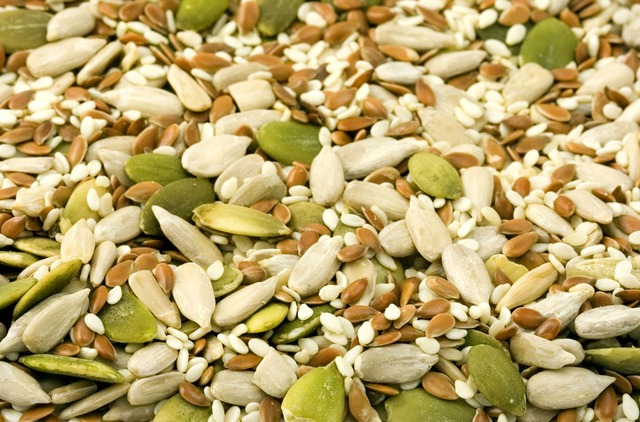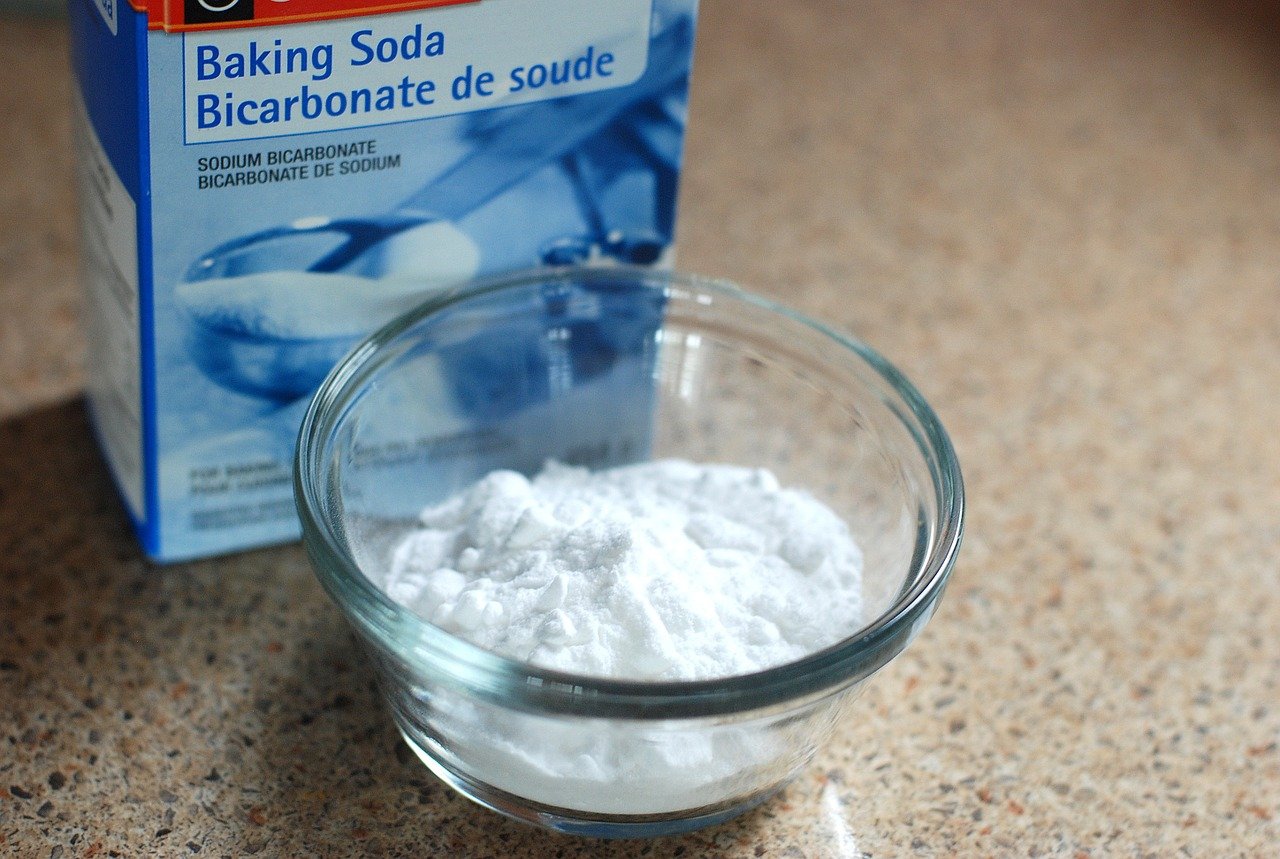Acid – Alkaline Balance












Your Acid – Alkaline Guide
Normally your body has a finely regulated acid-base balance. Acid-base balance can be measure by measuring pH. Body fluids will all have a different carefully regulated pH. The pH of body fluids including urine, saliva and blood will vary greatly. Your stomach pH will be very low – acidic, while the body prefers to maintain other body fluids such as blood in a more alkaline environment which will have a higher pH. It is essential for health and the prevention of disease to maintain your blood pH in healthy levels.
Blood pH is commonly monitored as part of routine health screening. Your blood pH is measured in your bicarbonate reading. Bicarbonate helps to regulate the blood’s pH. Bicarbonate works to balance acid levels in the blood. If your blood bicarbonate is low you are too acidic, if it is high you are too alkaline.
What causes high acid levels?
- Ketoacidosis is a metabolic state where the body burns fats instead of sugars causing ketones or acids to build up, this can occur in diabetes and extreme ketogenic diets.
- Severe diarrhoea or vomiting can lead to increased acid or acidosis.
- Poor kidney function can lead to increased acid, where the kidney is unable to filter acids out of the body via the urine.
- Eating animal products in excess may produce more acid in the body.
- Excess exercise can increase the production of lactic acid increasing acid levels in the body.
- Excess acid can also be linked to alcohol or drug abuse, and certain medications including sleep and pain medications.
- Respiratory conditions such as asthma and sleep apnoea may also be linked to increased acid. If the lungs do not expel the carbon dioxide in raises in the blood increasing acid levels.
Your Guide to reducing Acid in the Body
- Bicarbonate Supplement – The first step is to buffer the acid in your body with a base, a base will neutralise the excess acid in the blood. Bicarbonate will prevent our blood from becoming too acidic. There are a variety of supplements available containing bicarbonate salts as buffers, talk to your practitioner today to learn more about the best supplement for you. When taking bicarbonate, you need to inform you health practitioner so they can monitor your blood and blood pressure routinely.
2. The Alkaline Diet – Dietary Measures may assist in decreasing acid production in the body. My base recommendations to lower acid include:
- Reduce consumption animal products including meat, fish, eggs, chicken and dairy.
- Switch to a plant-based diet including fruits, vegetables, nuts, seeds and legumes.
- Reduce caffeine, sugar and alcohol. Excess alcohol is a major contributor to acid in your body.
- For optimal results, it is also recommended to eat fresh, wholefoods and reduce processed foods.
- Stress Reduction – I also recommend working to reduce stress levels in your body. High stress is thought to contribute to increased acidity. Your practitioner can help you to design a plan for stress reduction which is best suited to you.
4. Blood Sugar Regulation – Blood sugar regulation is crucial in the management of many health issues, including the management of excess acid. See my guide to blood sugar regulation to help you with this.
5. Moderate Exercise – Excess exercise may contribute to increase acidity. You are recommended to exercise in moderation. If your exercise levels and acid levels are high, I suggest you increase the use of supplements used as buffers designed to neutralise acid.
Note on Acid-Alkaline Diets
Patients often get confused when looking through the internet for advice on acid-alkaline diets. There is a considerable amount of conflicting information. There is also debate around foods considered alkalising and acid forming. My advice is, do not get bogged down in acid and alkaline charts. Instead, follow the guidelines above and we can monitor your blood bicarbonate to ensure you are responding to your program.
Important Note on blood and urine pH
Food changes are unlikely to change the pH of your blood, I recommend bicarbonate formulas for this. Food changes will however impact the pH of your urine. If you wish to monitor this, pH strips are available for urine testing at your health food store. Urine pH however, is not a reliable marker of overall body pH and optimal health. It is best to monitor bicarbonate in your blood tests to assess your overall acidity and the potential impact on your health. This is routinely done in the blood tests we do as part of your consult.
Health Issues associated with too much acid
Studies have shown low levels or bicarbonate linked to increased risk of premature death in healthy older people. Excess acid can lead to a number of health issues, these include:
- Issues with bone density, too much acid can lead to loss of bone, increasing the chance of osteoporosis development.
- Muscle loss, too much acid lowers albumin production in the body. Albumin is an important protein which helps you build muscles and keep muscles healthy.
- Hormone Disorders, too much acid interferes with your body’s ability to maintain normal hormone function. High acid can increase insulin resistance impacting blood sugar regulation.
Uric Acid High – Reduce Purine Foods
Purines break down into uric acid.
– All Alcoholic Beverages
– Seafood including, anchovies, sardines, herring, mussels, codfish, scallops, trout, haddock, craps, oysters, lobster and shrimp.
– Some meats including bacon, turkey, veal, venison, organ meats, beef, chicken, dusck, pork and ham.
– Some vegetables including cauliflower, spinach and mushrooms.
– Dried peas and beans.
– Oatmeal
A note on acidity and cancer
Many people argue cancer cells thrive in acidic environments. This is debated as cancer grows in both acidic and alkaline environments. However, research has shown tumours do grow faster in acidic environments. It has been found that tumour cells produce an acidic environment to support their growth. In theory, utilising buffers such as bicarbonate may be helpful in impeding the growth of tumour cells.
Rachael Reed, balancing hormones, Naturally.
